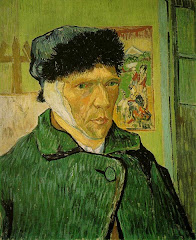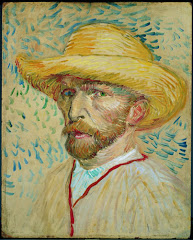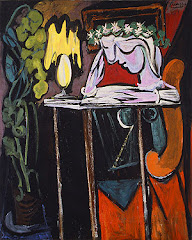Ashleigh: Sign Writer, Accountant, Checklist Charlie
Blake: Green Team Leader
Brianna: Environmental Spy Person, Miss Clean-it, Scribe, Distribution Agent
Daniel: Communications Consultant
Charlotte: Art Advisor
Elizabeth: Teller, Payroll, Police
Estelle: Music Roadie, Scribe
Georgia: Checklist Charlie, Distribution Agent, Teller, Scribe
Josh: Sports Resource Guy, Art Advisor
Jim: Climate Controller
Kara: Teller, Sports Resource Girl, Distribution Agent
Kenya: Miss Clean It, Payroll Officer, Sign Writer
Logan: Police, Encourager, Green Team, Resource Regulator
Malachi: Accountant, Odd Jobber Daily Notices Reporter
Matt: Communications Consultant, Odd Jobber
Matthew: Police, Gringotts Bank Manager, Resource Regulator, Green Team
Max: Technician, Computer Help Desk, Police
Megan: Health Officer, Checklist Charlie
Nancy: Art Advisor, Accountant
Noah: Police, Encourager, Resource Regulator, Communications Consultant
Oliver: Technician
Robert: Accountant, Technician
Sam: Chief Distribution Agent, Accountant
Sylvia: NP, Accountant, Scribe
Taylor: Chief Technician, Encourager, Mr Staple, Resource Regulator
Tim : TC’s PA, Accountant, Communications Consultant, Encourager
Tori: Quiz Miss, Payroll, Sign Writer, Checklist Charlie
I haven't given anyone more than three jobs so far. Payroll staff will start their job this week. The jobs underlined will start being paid this week.
Come on Q Zealanders - if you don't apply, you can't get paid.
























































